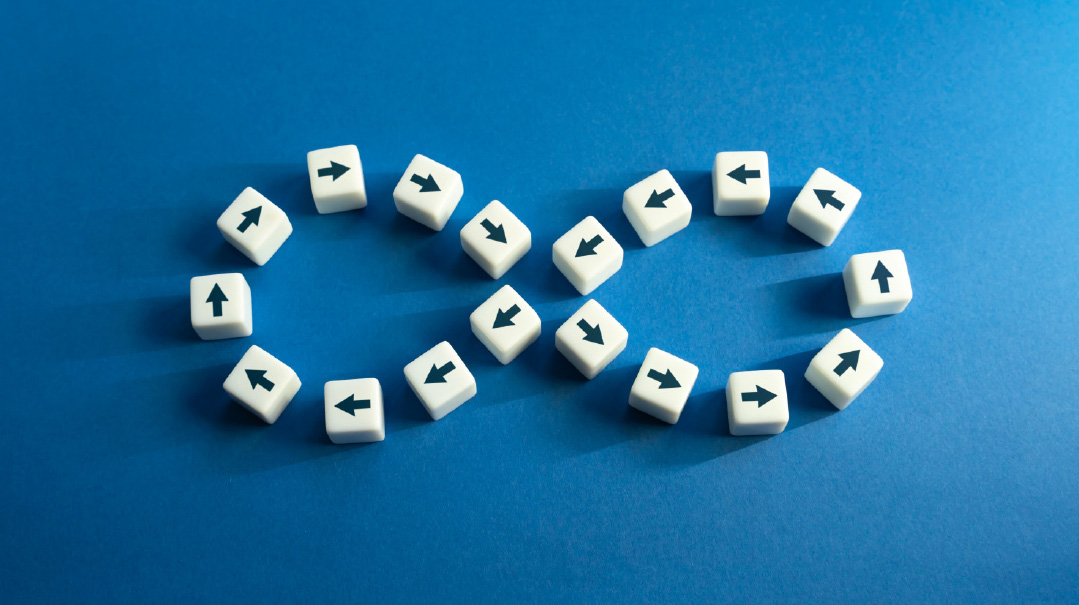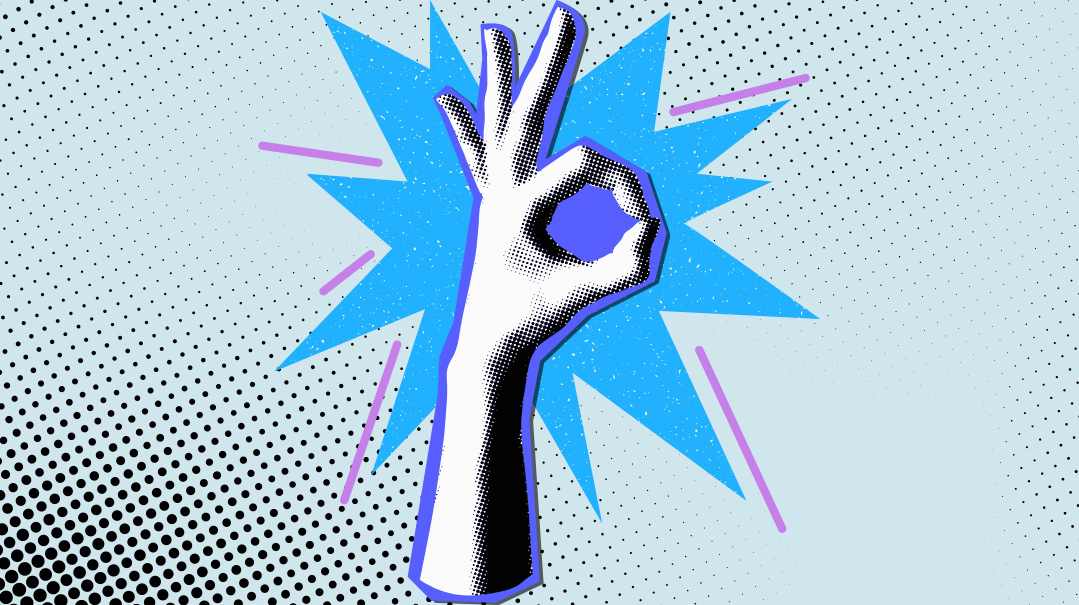Back to School
| October 10, 2023My kids’ backpacks seem to grow proportionally with each academic year

Back to School
Dr. Jennie Berkovich
You know school is really in session when Cheshvan rolls around, and suddenly the pace amps up for everyone — teachers and kids alike. The increased workload is often reflected in the weight of backpacks. Filled with homework, projects, and forgotten snacks, my kids’ backpacks seem to grow proportionally with each academic year. My tiny third grader has a backpack that’s practically larger than he is.
Besides those heavy backpacks, school means hours glued to desks, hunched over papers, or caught up in books. All that slouching and slumping can really mess with kids’ back muscles. Of course, the drop in physical activity levels can weaken core muscles, also contributing to an aching back. (Note: While increased physical activity is almost always a good thing, it’s important to be careful to avoid overuse injuries or sudden twists and turns that result in back pain the next day.)
Finally, rapid growth during puberty can cause temporary imbalances in muscle and bone development, potentially leading to discomfort.
Like a puzzle where each piece adds a little more, many factors can contribute to back pain. If your child is complaining about it, there are several steps you can take at home to alleviate his/her discomfort and prevent further issues.
First, ensure your child has a comfortable sleeping environment and encourage him/her to rest if the pain is causing discomfort. Applying a warm or cold compress to the affected area can provide temporary relief by soothing muscles and reducing inflammation. Gentle stretching and exercises, especially those that focus on core muscles, can strengthen the back and provide relief from pain. Make sure your child’s backpack is properly fitted, worn using both shoulder straps, and doesn’t exceed more than 10–15 percent of their body weight. Educate your child about the importance of maintaining good posture both while sitting and standing.
If the pain persists after all the measures above have been tried, it’s time to get evaluated. Your pediatrician is the best place to start the process. In general, kids should avoid chiropractors without first having an exam done by their PCP. And any back pain that wakes the child up from sleep or is accompanied by any other symptoms like fever, weight loss, numbness, or weakness warrants prompt evaluation.
The majority of instances of back pain in children resolve with the conservative measures mentioned above. Focus on good posture, core strength, and properly fitted and worn backpacks can go a long way to a comfortable and pain-free school year.
Dr. Jennie Berkovich is a board-certified pediatrician in Chicago and serves as the Director of Education for the Jewish Orthodox Medical Association (JOWMA)
Covid Effects
Sarah Rivkah Kohn
IN a span of about eight weeks, from March to May 2020, 393 children and teens joined our Zisel’s Links/Shlomie’s Club family after losing a parent to Covid.
We have been following about 31 of those children’s school experiences post-Covid, and it’s been very interesting. A large percentage of them exhibited some level of defiance, especially in the 2021–2022 school year. We had no time to study details but it definitely seemed like many of them struggled with trust in authority figures.
Authority had failed them during the pandemic and they weren’t differentiating one from another. If government officials, medical personnel, and family members didn’t know what they were doing then — who’s to say they know what they’re doing now?
What we found worked was aiming to connect the child to a school admin or teacher or family member with whom they seemed to have the least issue with. Build a trusting relationship via a lot of validation with the child. Join them in their pain. We were all failed at some point and it’s painful.
After a couple of months using this approach, we began to see small, then very large changes. We don’t have enough evidence to say that this is the path that will work for all kids, but know that if there was a Covid death and there is defiance, this might be helpful.
Another important thing to take note of: It’s important to be sensitive around families who experienced a life-altering Covid death. Many children who lost a parent to Covid find it painful to hear it discussed so flippantly, as something of the past. Their lives will never quite go back to the way they were.
In addition, many of these families witnessed a rather horrific death unfold, and those memories aren’t something that leave the mind easily, if ever.
Lastly, while HaKadosh Baruch Hu set up the precise, perfect formula for mourning — a levayah, shivah, shloshim, etc. — Covid took this all away from so many people. It’s a mitzvah for the public to join the mourner during this process because knowing he isn’t alone truly brings comfort, and the pandemic took away this vital network from bereaved families.
I’m finding the recovery for some is compounded terribly by the “catch up” they’re playing from not having the right support at the right time.
Sarah Rivkah Kohn is the founder and director of Zisel's Links and Shlomie’s Club, an organization servicing children and teens who lost a parent.
Compassion vs. Empathy — What's the Difference?
Abby Delouya RMFT-CCC, CPTT
Empathy is about putting yourself in someone else’s position in an attempt to try and feel what they are feeling in a given situation. Compassion is about recognizing someone’s emotional experiences and trying to help him/her. Empathy is characterized more by feeling, and compassion is more about action. Someone who is compassionate might:
Recognize when others are suffering.
Tolerate distress and uncomfortable emotions well.
Understand others’ emotional experience.
Feel motivated to take action and help alleviate others’ suffering.
Empathy creates understanding, while compassion inspires worry and concern. Empathy can sometimes contribute more heavily to burnout than compassion, as feeling others’ feelings can be overwhelming at times. Compassion, by contrast, would allow someone to extend help to others without feeling personally connected to the experience.
Compassion and empathy are both important characteristics that can support positive interpersonal relationships. Empathy fosters understanding, helping people connect on an emotional level. This plays a crucial role in helping establish trust, intimacy, and social support.
Compassion is often viewed as the next step after empathy. It focuses on taking action, alleviating distress, and benefitting others in a way that may be more outwardly focused, which can be less emotionally draining, intense, and overwhelming.
Abby Delouya, RMFT-CCC, CPTT is a licensed marriage and individual therapist with a specialty in trauma and addiction.
(Originally featured in Family First, Issue 863)
Oops! We could not locate your form.







